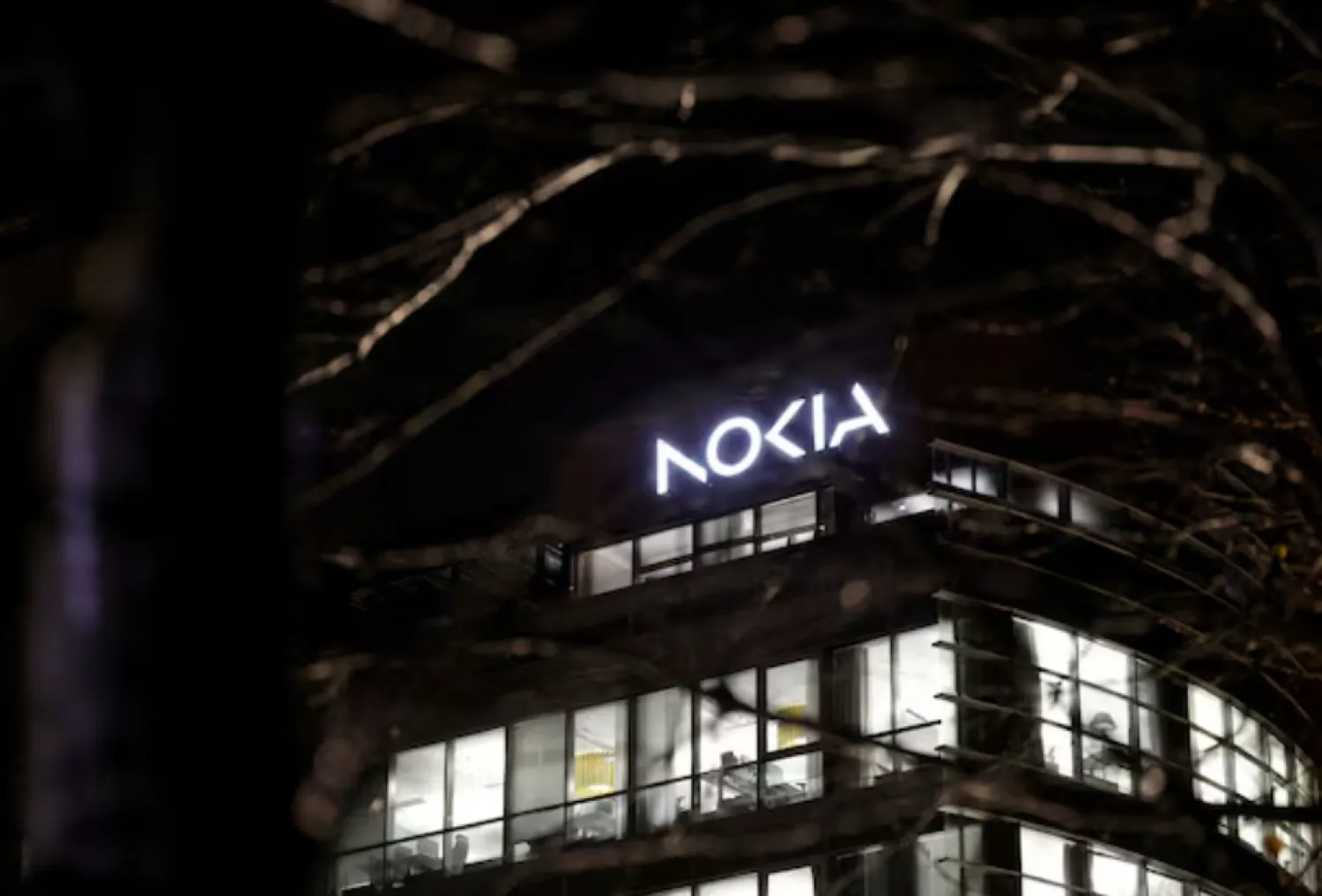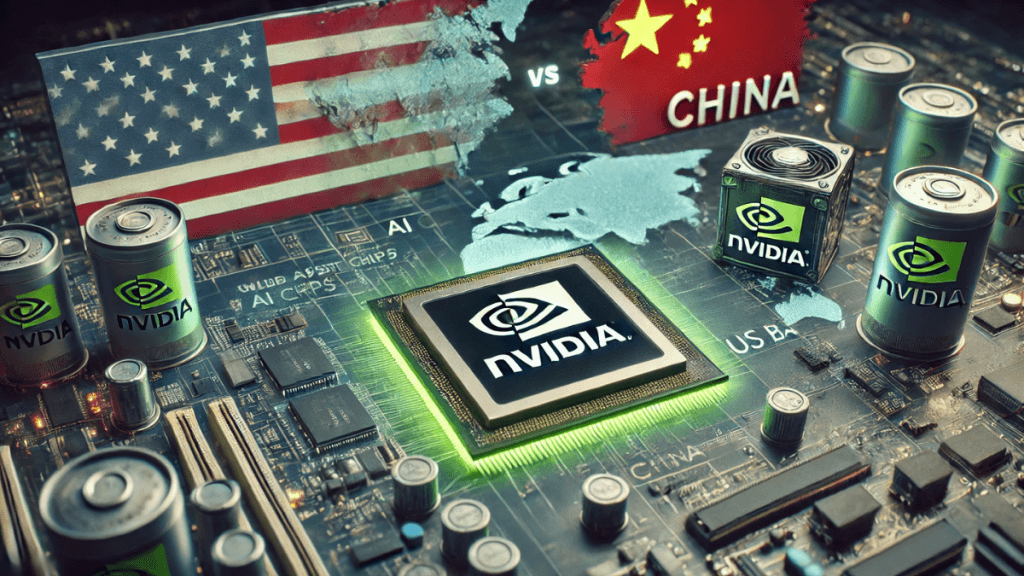Nokia Pledges Four Billion Dollars to Advance AI Networks in U.S.
Nokia announced a $4 billion investment in the United States to accelerate research, development and production of artificial intelligence enabled network connectivity, signaling a major push to align with Western technology priorities. The move could strengthen U.S. tech supply chains and reshape competition in telecommunications as governments encourage reshoring of strategic technology.

Nokia said on Friday it would invest $4 billion in the United States to boost research, development and manufacturing aimed at advancing artificial intelligence enabled network connectivity. The Finnish company said $3.5 billion of the total would be directed to research and development and $500 million would be earmarked for manufacturing and capital expenditures in states including Texas, New Jersey and Pennsylvania.
The company framed the expanded investment as a collaboration with the U.S. administration and said the move would strengthen capacity for AI optimized connectivity across critical communications infrastructure. The announcement came a day after Nokia finalized internal planning and follows a period of profit pressure tied to tariffs and currency weakness that weighed on the company earlier in the year.
Justin Hotard, who joined Nokia from Intel earlier in 2025, has repositioned the firm to focus on markets that prioritize Western technology, seeking to capitalize on what the company calls an AI supercycle. The investment is intended to deepen Nokia research programs in areas such as network automation, cloud native architectures and the application of machine learning to traffic management and security, while building local production capabilities to support deployment.
By placing a substantial portion of the funds into research and development, Nokia is signaling a strategic bet that software and algorithmic innovation will be decisive in coming years even as geopolitical concerns push governments to favor domestic or allied suppliers. The planned manufacturing spending is modest by comparison but is aimed at shoring up supply chain resilience and qualifying production lines for specialized networking equipment and components.
The move also dovetails with broader policy efforts in Washington to encourage reshoring of strategic technology supply chains and to reduce dependency on vendors from countries seen as potential security risks. For U.S. states, the investment promises new research centers and manufacturing projects, though Nokia has not provided timelines or estimates of job creation tied to the announcement.
Industry analysts will watch whether the spending translates into measurable gains in market share and product differentiation, especially against competitors that have been aggressive in both software and hardware innovation. For Nokia, which has faced profitability challenges, the gamble is to trade short term cost pressure for a longer term advantage in AI driven networking services.
The investment underscores the shifting economics of telecommunications equipment, where advances in machine learning and software defined networking are becoming central to carrier strategies. If executed effectively, Nokia’s plan could accelerate deployment of intelligent networks that optimize capacity and security, while also aligning the company more closely with Western industrial policy priorities.

